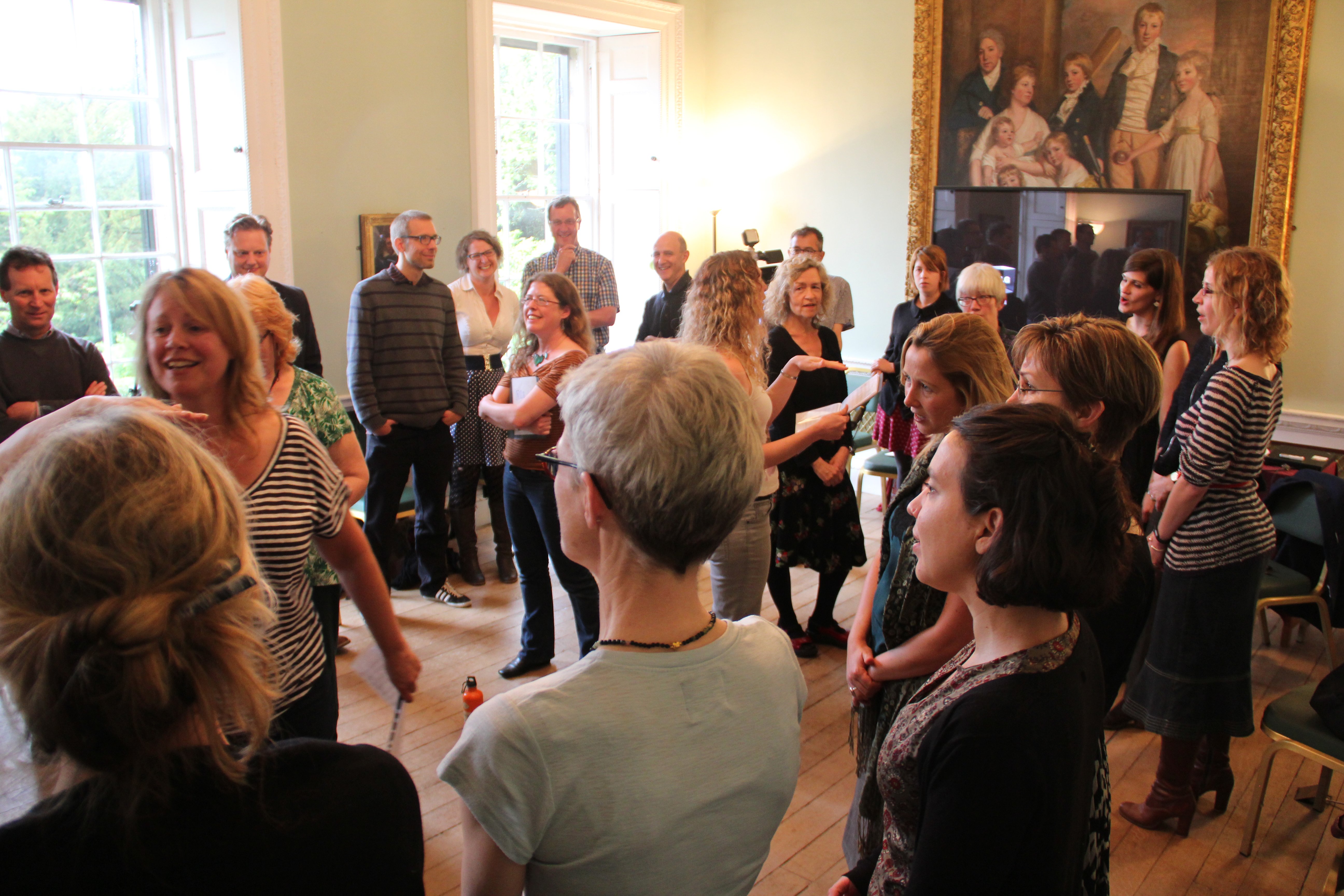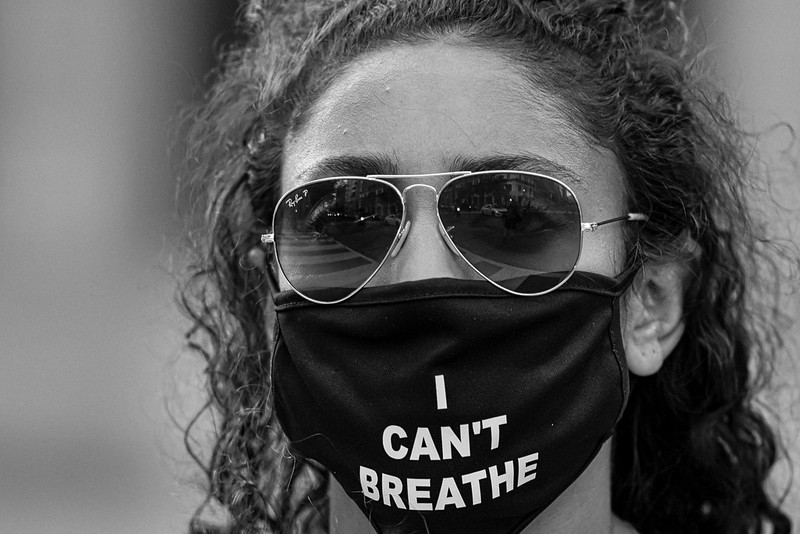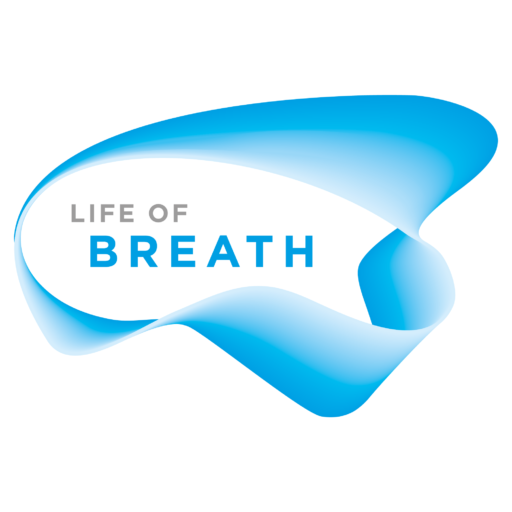Five breathtaking years
As the project ends, lead researchers Jane Macnaughton and Havi Carel reflect on five years of Life of Breath.
While the rain lashed down and the city welcomed climate activist Greta Thunberg in fine, muddy, style, we all looked back upon what Life of Breath had achieved. Led by our Creative Facilitator, Mary Robson, we used the metaphor of the solar system to create metaphorical maps to reflect upon whether ‘aiming for the stars’ in our research had worked! Connected by the gravitational pull of planet ‘Interdisciplinary Collaboration’ we felt we had reached out to the star ‘lived experience’, elucidated the black hole that was the invisibility of breathlessness, and built new machinery through the arts to enable those living with breathlessness to articulate it and to learn dance as if not held back by the limitations of their lungs.

So where have we travelled to? Here are some highlights. We have studied extensively the experience of breathlessness. Using a range of methodologies, and interdisciplinary collaboration, we described and documented what pathological breathlessness is like for those who live with it daily. We used philosophy, anthropology, literature, history and medicine, to create a picture, or more accurately a collage, of that experience . We looked at specific aspects of breathlessness: for example, the language we use to describe it, how it was understood historically, the concepts behind it, encounters health services, and how it is understood across somatic and mental disorder. We studied the rift between normal and pathological breathlessness and other concepts we use to think about our bodies. And we considered the deep attachment those suffering from breathlessness develop to the medical objects used to support their breathing.

We have spoken to many people suffering from breathlessness, documenting and honouring their experiences in diverse ways, ranging from anthropological research, to developing a dance intervention, and a ‘letter to my breath’ workshop. Their words were the basis for a choral piece, Under the Surface, based on poems by Jennifer Thorpe and music composed especially for the project by Toby Young. And this work is richly documented in our blog posts, podcasts, videos and publications archived on the Life of Breath website, all of which is open access and freely available.

What this final meeting resonated with most of all was the strength of the community that had built up around Life of Breath and the creative connections leading to surprising and free thinking. This included the research teams at Bristol and Durham, but also our collaborators: clinicians, public health workers, policy makers, and most of all people who live with breathlessness every day. Our ‘experts by experience’ have been at the core of our thinking throughout this project. We have learned a great deal from them, not least how and when we need to engage to best serve the needs of those most intimately concerned. Our expert collaborators have taught us also the real need for interdisciplinary work on experiences like breathlessness that have deep and spreading roots in the history, cultures, and inequalities of modern life.

The cry, ‘I can’t breathe’, now echoes doubly around the world. The cry of those breathless from COVID-19, and now also the angry cries of protestors of the Black Lives Matter movement, protesting against racism around the world. The chokehold that caused George Floyd’s death represents the feeling of those oppressed by inequality of opportunity and regard. Breath is not only essential to life, but also a powerful metaphor for freedom within societies where people of colour still live smothered lives. We are saddened to end Life of Breath at a time when breathlessness is a critical issue both medically and politically.
Life of Breath has strived to enable greater opportunity of expression, freedom from stigma and shame, and new ways to experience music and movement for people with breathlessness. We hope we have brought a degree of liberation to this community, but clearly, much more needs to be done to liberate oppressed and smothered people everywhere.




